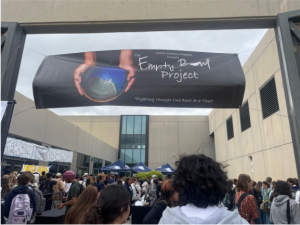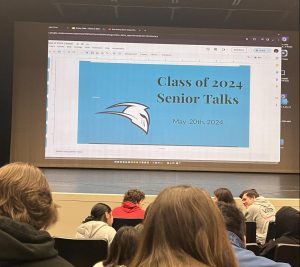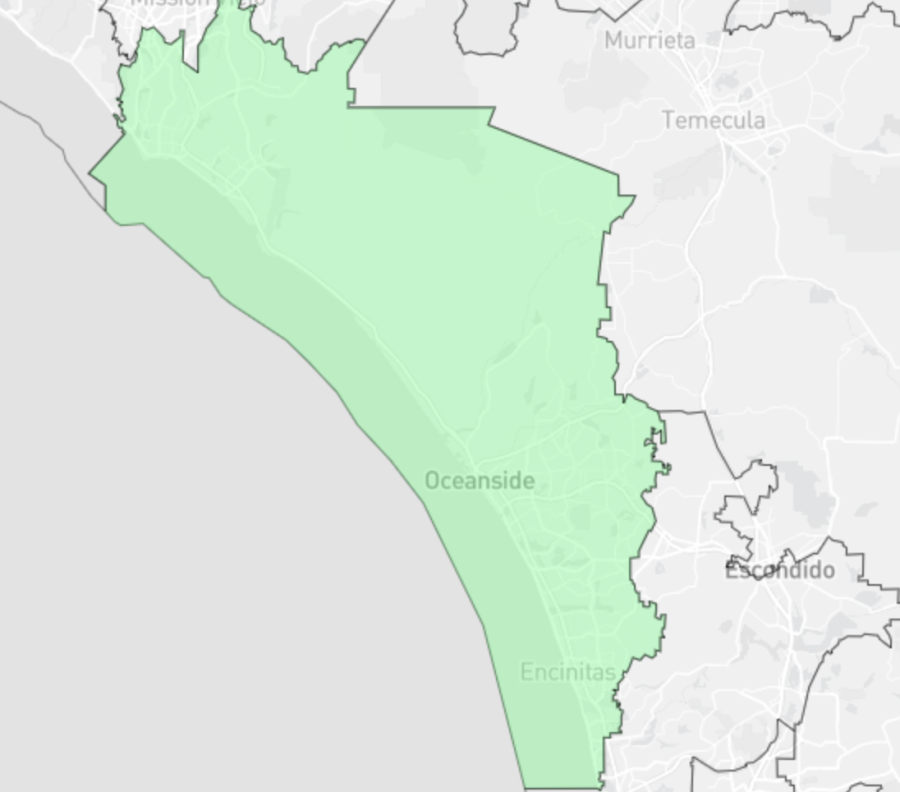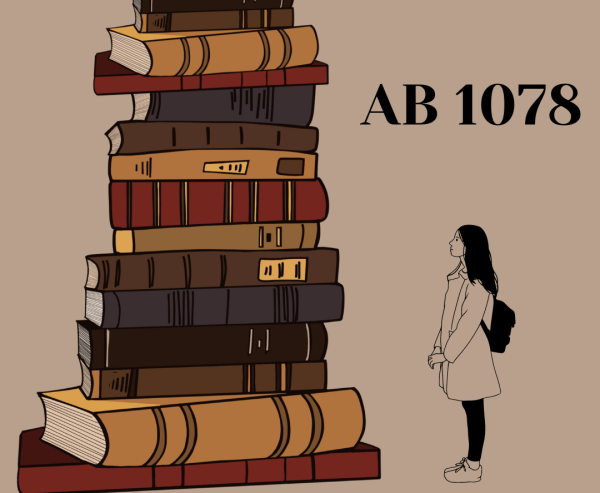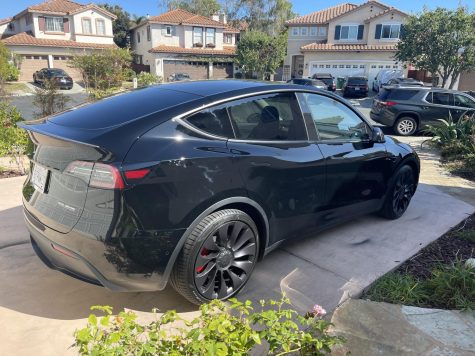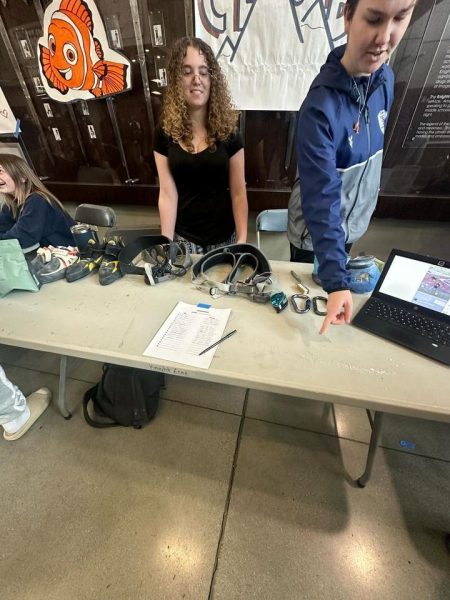More Alike That You’d Think
Despite its fair share of differences from the rest of the nation, North County finds an area of common ground in politics.
The sun beaming on the beach in the dead of winter, cars crawling along the freeways of Los Angeles, the land where you can drive from the sea to the sky in a matter of hours; California is (rightfully) perceived as a unique state. An example of this is California’s political uniqueness. California is among the bluest states in the nation: every statewide office holder is a Democrat, Democrats hold supermajorities in the state legislature, and the state has reliably provided its electoral votes to the Democratic presidential candidate every election for three decades. However, pockets of the state remain competitive like the nation as a whole – one of which being in our backyard: the 49th Congressional District.
Straddling the coast from Laguna Niguel to Del Mar, the district differentiates itself from others in the state by being among the swingiest in the nation. State voter registration statistics report that although Democrats represent a plurality of voters in the district with 36 percent, Republicans closely follow with 33 percent, and a sizable 23 percent of voters designate themselves as nonpartisan. U.S. Government teacher Alexander Turner notes this contrast between our region and the rest of the state.
“California is predominantly Democratic, and it really is in a lot of ways. But there’s pockets that are very mixed, and there’s even pockets that are very Republican, and people forget that,” said Turner.
In the congressional elections on Nov. 8, Democrat Mike Levin and Republican Brian Maryott fought a contentious race for the seat. Notably, Levin and Maryott parrotted the same issues as other congressional candidates across the nation: Levin and Democrats tended to focus on reproductive autonomy and Donald Trump’s attempts to overturn the results of the 2020 Presidential Election, while Maryott and other Republicans generally focused on the struggling economy and high inflation. Levin ultimately won the election. This mirrors the historic upset the Democratic Party achieved nationwide, pulling off the best midterm performance for the party of an incumbent president since 2002. Turner believes the relatively recent phenomenon of nationalization of politics in the U.S. makes it unclear whether issues talked about in the election are truly local issues or national issues that became local issues.
“Anything from abortion, [the] economy, inflation, job creation, clean energy, all these different facets that become aspects that people are talking about, how much of it really is localized?” said Turner. “I don’t know if most of the things that were talked about in the congressional election were really localized in San Diego. I think they were national conversations that had San Diego or Southern California slants or perspectives.”
The 49th Congressional District’s political similarity to the nation as a whole gives us some common ground among our many differences with the rest of the nation. Turner believes this creates a source of connection to the rest of the nation that might otherwise be weaker.
“I think it helps us feel more connected with the rest of the United States, realizing that there’s parts of us that are very similar,” said Turner. “It [California] is a little more of a tapestry than a one-size-fits-all situation.”
